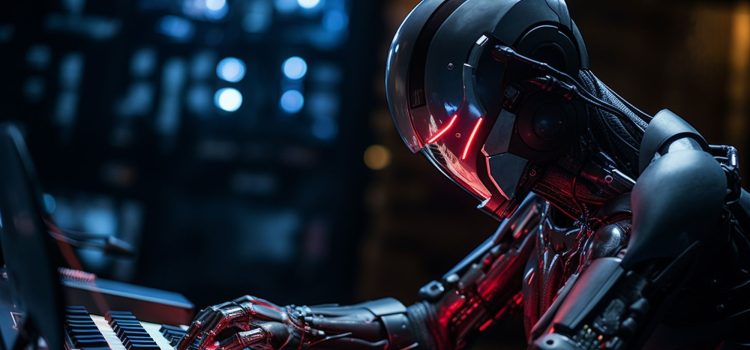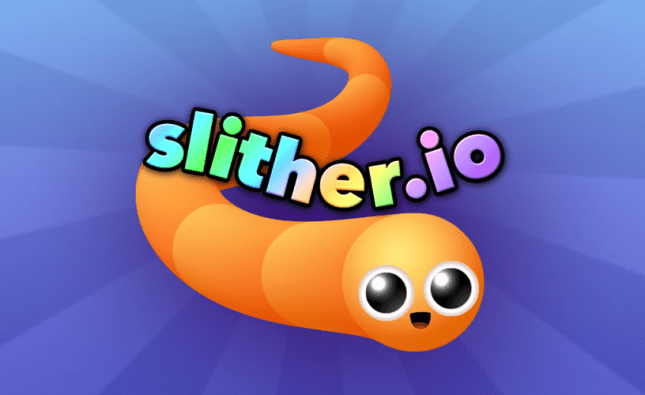
Introduction
Artificial Intelligence (AI) has permeated nearly every industry, and the music production sector is no exception. The integration of AI in music production has opened up new avenues for creativity, efficiency, and accessibility. This article delves into the multifaceted role of AI in modern music production, highlighting its applications, benefits, and future potential.
The Evolution of Music Production
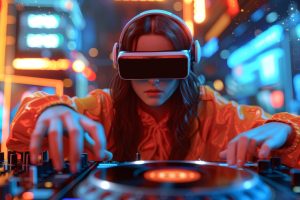
Before diving into the specifics of AI in music production, it’s essential to understand the evolution of music production itself. From analog recording techniques to digital audio workstations (DAWs), the industry has seen significant technological advancements. Each leap has made music production more accessible and versatile, setting the stage for AI’s transformative impact.
The Benefits of AI in Music Production
1. Enhanced Creativity
AI tools can stimulate creativity by offering new musical ideas and arrangements. Software like AIVA and Amper Music allows musicians to experiment with different genres, styles, and compositions. By providing inspiration, AI can help overcome creative blocks, enabling artists to explore uncharted territories in their work.
2. Streamlined Production Processes
AI can automate mundane tasks such as audio editing, mixing, and mastering. This efficiency allows producers to focus more on the artistic aspects of music-making. For instance, AI-driven tools like LANDR offer automated mastering services, saving time and resources while ensuring professional-quality results.
3. Personalized Music Experiences
With AI, music production can become more tailored to individual preferences. AI algorithms analyze user data to create personalized playlists and recommendations. This personalization not only enhances the listener’s experience but also helps artists connect with their audience more effectively.
AI in Composition and Songwriting
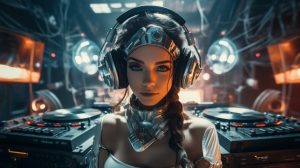
One of the most groundbreaking applications of AI in music production is in composition and songwriting. AI algorithms can analyze vast datasets of musical compositions to identify patterns and generate new pieces. Tools like OpenAI’s Muse Net and Google’s Magenta have demonstrated the potential for AI to create complex and emotionally resonant music.
These AI systems can assist human composers by providing a foundation upon which they can build, offering suggestions for chord progressions, melodies, and even lyrics. This symbiotic relationship between human creativity and AI-generated suggestions can lead to innovative musical compositions.
The Impact of AI on Music Genres
AI’s influence is not limited to the production process; it also extends to the emergence of new music genres. The ability of AI to analyze trends and listener preferences can lead to the creation of entirely new genres that resonate with contemporary audiences. For instance, AI algorithms can identify unique sound combinations that have not been explored before, paving the way for innovative genres that blend traditional styles with cutting-edge technology.
Collaborations Between AI and Artists
The collaboration between AI and human musicians has begun to redefine creative partnerships in music production. Artists are increasingly using AI as a co-creator, leading to a symbiotic relationship where both entities contribute to the final output. For example, musicians can provide emotional context and thematic depth, while AI can generate melodies and harmonies that enhance the overall composition. This collaborative approach enriches the creative process and fosters innovation.
AI in Sound Design and Synthesis

Sound design is another area where AI is making significant strides. Traditional sound design requires extensive knowledge of synthesizers and sound manipulation techniques. AI-powered tools can simplify this process by generating unique sounds based on user inputs or by analyzing existing sounds to create new variations.
For instance, tools like Google’s NSynth use deep learning to generate entirely new sounds by combining characteristics of different instruments. This opens up endless possibilities for sound designers, enabling them to create novel audio textures that would be challenging to produce manually.
The Role of AI in Live Performances
AI is also making waves in live music performances. Through advanced algorithms, performers can use AI to create interactive experiences that respond to audience feedback in real-time. Tools that analyze audience reactions can adjust the performance dynamically, enhancing engagement and creating a more immersive experience. This integration of AI into live shows represents a new frontier in concert experiences, making them more personalized and responsive.
AI in Music Distribution and Marketing
In addition to production, AI plays a crucial role in music distribution and marketing. Platforms like Spotify and Apple Music utilize AI-driven algorithms to curate playlists and recommend songs to users. These algorithms analyze listening habits and preferences, allowing artists to reach target audiences more effectively. This targeted approach not only maximizes exposure but also enhances the likelihood of success for new releases.
AI in Mixing and Mastering

Mixing and mastering are critical stages in music production that ensure a track sounds polished and professional. AI-driven tools are now capable of automating these processes to a high degree of accuracy. Platforms like LANDR and iZotope’s Ozone employ machine learning algorithms to analyze tracks and apply appropriate mixing and mastering techniques.
These AI tools can identify frequency imbalances, apply EQ adjustments, and even suggest effects to enhance the overall sound quality. While they may not replace human engineers entirely, they serve as valuable assistants, streamlining the workflow and allowing producers to focus on creative decisions.
AI in Music Recommendation and Curation
Beyond the production process, AI plays a crucial role in music recommendation and curation. Streaming platforms like Spotify and Apple Music use AI algorithms to analyze user preferences and listening habits, offering personalized playlists and recommendations. This not only enhances the user experience but also provides artists with a platform to reach their target audience more effectively.
AI-driven recommendation systems analyze various factors, including tempo, genre, and user interactions, to curate music that aligns with individual tastes. This has transformed how listeners discover new music and how artists gain visibility in a crowded market.
The Educational Aspect of AI in Music
AI is also influencing music education. Emerging AI tools can assist aspiring musicians in learning instruments and composition techniques. These platforms offer personalized feedback and practice recommendations, making music education more accessible. By using AI-driven educational tools, learners can progress at their own pace, receiving support tailored to their individual needs and goals.
Challenges of Integrating AI in Music Production
1. Authenticity and Originality Concerns
One of the significant criticisms of AI-generated music is its potential lack of authenticity. Critics argue that music created by algorithms may lack the emotional depth and personal touch inherent in human-made music. This raises questions about the value of art and the role of the artist in the creative process.
2. Dependency on Technology
As artists increasingly rely on AI tools, there is a concern that this dependency could stifle genuine creativity. The fear is that musicians may lean too heavily on AI suggestions, resulting in a homogenization of music styles and a reduction in the diversity of artistic expression.
3. Legal and Ethical Issues
The rise of AI in music production also brings about legal and ethical dilemmas. Questions surrounding copyright ownership, plagiarism, and the use of AI-generated content without proper attribution are becoming more prevalent. The industry must navigate these challenges to create a fair and equitable framework for all stakeholders.
Ethical Considerations and Challenges
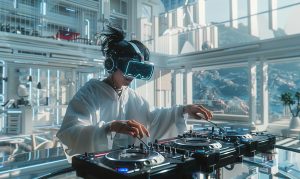
While the integration of AI in music production offers numerous benefits, it also raises ethical considerations and challenges. One of the primary concerns is the potential loss of human creativity. Critics argue that over-reliance on AI-generated music could lead to homogenization, where unique artistic expressions are overshadowed by algorithmic compositions.
Additionally, issues related to copyright and ownership of AI-generated music need to be addressed. Determining who owns the rights to a piece of music created by an AI system can be complex, especially when multiple parties are involved in the creative process.
The Future of AI in Music Production

The future of AI in music production is promising, with continuous advancements in machine learning and deep learning technologies. As AI systems become more sophisticated, they will likely offer even more nuanced and personalized assistance to musicians and producers.
Emerging trends such as AI-driven virtual instruments, real-time collaboration tools, and enhanced music analytics will further revolutionize the industry. The key to harnessing the full potential of AI in music production lies in striking a balance between technological innovation and human creativity.
Comparative Analysis of Traditional vs. AI-Driven Music Production
| Aspect | Traditional Music Production | AI-Driven Music Production |
| Creativity | Primarily human-driven creativity | AI-assisted creativity and inspiration |
| Time Efficiency | Time-consuming processes | Streamlined and automated workflows |
| Cost | High production costs | Reduced costs through automation |
| Quality Control | Relies on human expertise | Consistent quality through algorithms |
| Personalization | Limited to artist’s interpretation | Data-driven personalization for audiences |
Analysis of AI Tools in Music Production
| AI Tool | Function | Strengths | Limitations |
| AIVA | Music composition | Generates unique compositions | May lack emotional depth |
| Amper Music | Music creation | User-friendly, quick production | Limited customization |
| LANDR | Automated mastering | Professional quality, time-saving | Dependent on audio quality input |
| OpenAI’s MuseNet | Music generation | Versatile style blending | Can produce generic outputs |
Conclusion
AI in music production is not just a fleeting trend but a transformative force that is reshaping the industry. From composition and sound design to mixing, mastering, and music recommendation, AI offers a plethora of tools that enhance creativity, efficiency, and accessibility. While there are ethical considerations to address, the future of AI in music production holds immense potential for innovation and artistic expression.
As we continue to explore the capabilities of AI, it is crucial to embrace this technology as a collaborative partner in the creative process, ensuring that human artistry remains at the forefront of music production.








